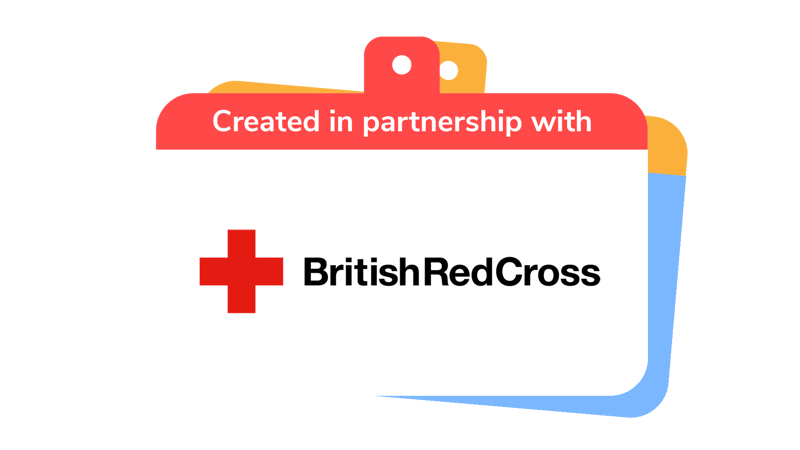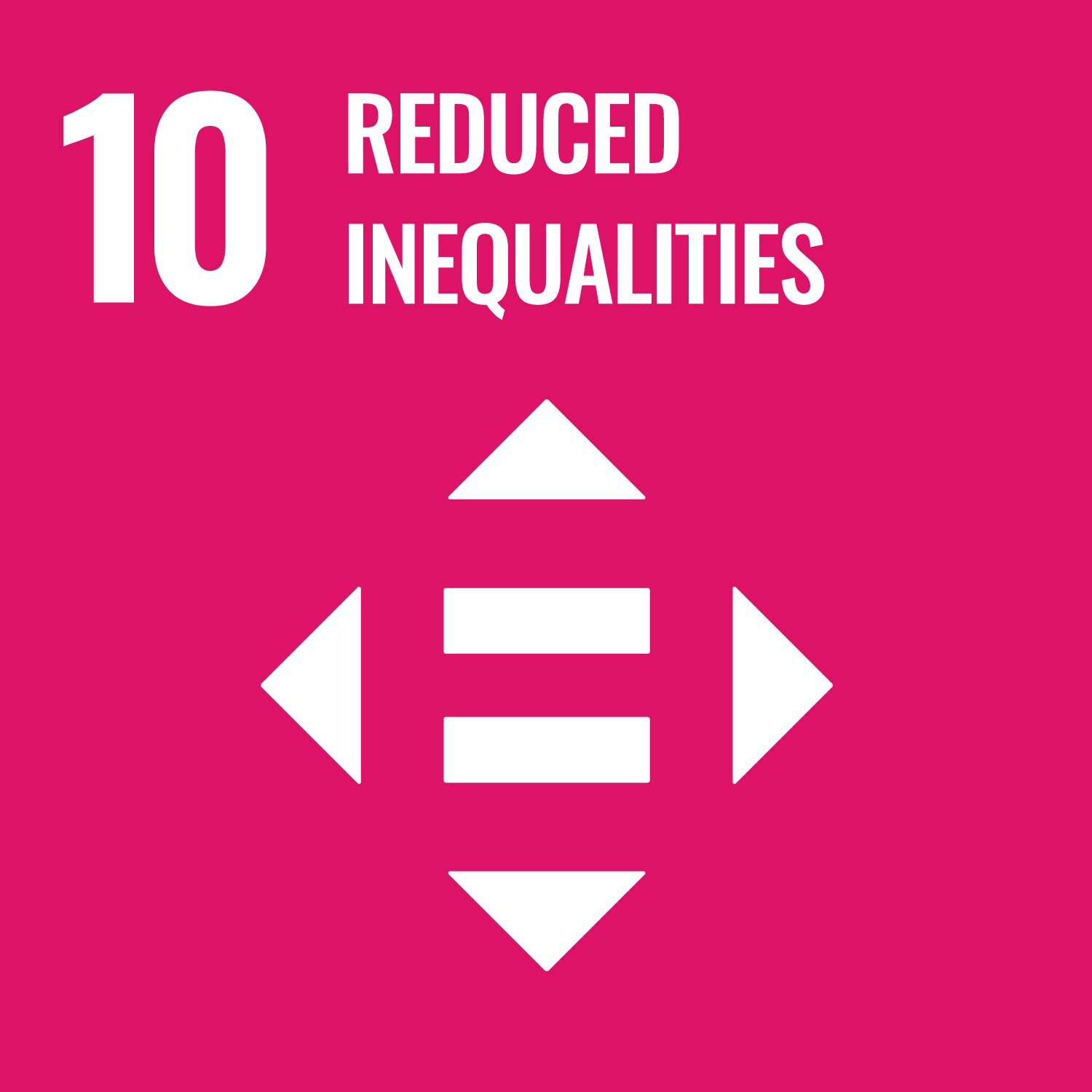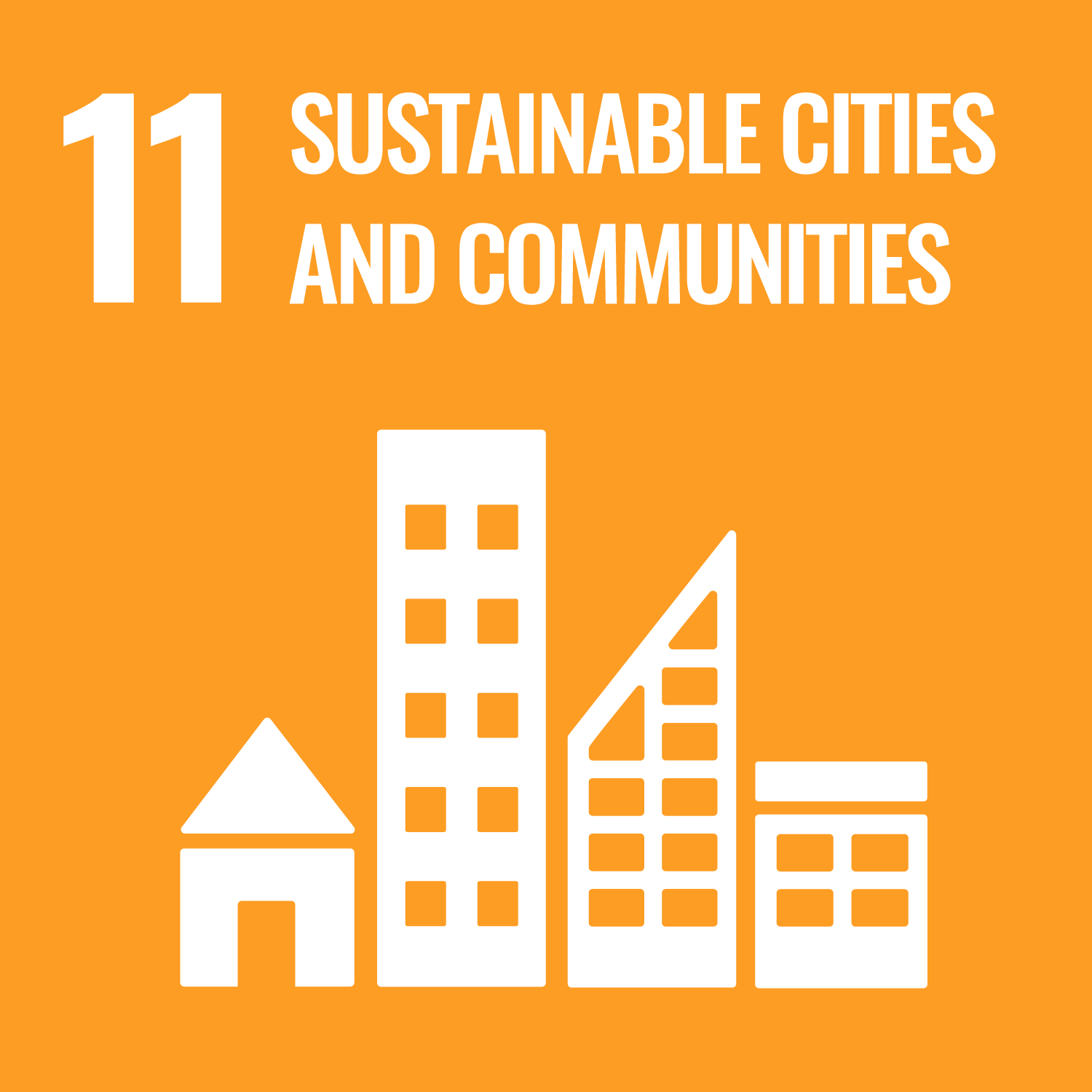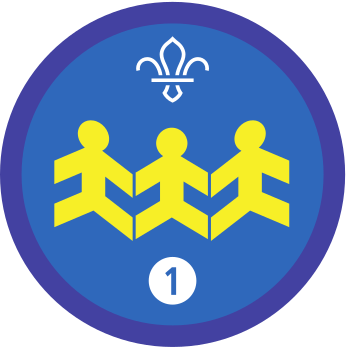
Combat loneliness with kindness
You’ll need
- A4 paper
- Pens or pencils
- Sticky tack
- Playing cards
- A copy of the loneliness quiz
- Tennis balls
Before you begin
- The person leading the activity should use a pencil to make some 9x9 grids on some pieces of paper for the group to play noughts and crosses.
- The person leading the activity should make some signs saying ‘A,’ ‘B’ and ‘C'. Stick these at different points around the playing area, so that they’re clearly visible.
Run the activity
- The person leading the activity should give out the tennis balls, decks of cards and noughts and crosses grids along with a pencil, to people in the group. It doesn’t matter who gets what, or if there aren’t enough of these items to go around.
- Everyone should now play a game on their own. Those with tennis balls should play catch by themselves. Those with cards should play ‘Snap’ by themselves. Those with grids should play noughts and crosses by themselves. Those without anything should play ‘I Spy’ by themselves. Give everyone five minutes.
- Everyone should come together again. The person leading the activity should ask the group how it felt to play their games by themselves. See if anyone felt that their game wasn’t fun to play alone. Find out if any of the games were impossible if played alone (eg ‘I Spy’).
- Everyone can now play their games again with a partner or in a small group. Those who played ‘I Spy’ should join in a game of catch, ‘Snap’ or noughts and crosses. After five minutes, everyone should come together again and talk about the difference between the first time they played the game and the second time.
- The person leading the activity should explain to the group that many people have to do things on their own a lot. This might be because they’re isolated where they live or because they’ve lost contact with family and friends. Tell them that they’ll now be doing a quiz about loneliness in the UK. Everyone should run to ‘A,’ ‘B’ or ‘C’ in the playing area, depending on what they think the answer to the question is.
- Do the quiz. After each question is read out, everyone should have 10 seconds to decide on their answer. When everyone has chosen an answer, the person leading the activity should read out the correct answer.
- When the quiz has finished, everyone should get into small groups. The person leading the activity should give out paper and pens or pencils. The groups should think about what kinds of people in the UK might be lonely (eg the elderly, carers, disabled people, rural people, homeless people, those struggling with mental health, new arrivals). See how many kinds of people the groups can come up with. Everyone should then feed back at least one kind of person likely to experience loneliness to the rest of the group.
- The person leading the activity should read out the question and answer to number 6 on the ‘Company and kindness loneliness quiz’ again. Everyone should think in their groups about the things 81% of people might do to help people who are lonely (eg clubs, groups, social care, mentoring). They should also think about their own community and which of these ideas might work well there.
- Everyone should set a personal challenge for themselves to make a difference to someone else’s day. This might be saying ‘Good morning’ to somebody one day, or using a social media hashtags like #powerofkindness to help spread this message. Talk about how little things like this can make a big difference to someone who is feeling lonely.

This activity helps contribute towards some of the UN's Sustainable Development Goals. Find out more about the SDGs, and how Scouts across the world are getting involved.


Reflection
The group have looked at loneliness in the UK by doing a quiz and thinking about the facts and figures in the answers. One of those figures was 81% – the number of adults who said they could do something to help lonely people. Why is it important that we look out for people who might be suffering from loneliness? How might you tell someone who is lonely from someone who just wants some time alone? What simple actions could you take to help someone who you’ve never met before? What would our society be like if 100% of people looked out for anyone who felt lonely?
Loneliness doesn’t discriminate and it can affect anyone. This is why lots of local services, including societies, groups and clubs, are essential to community life. What might happen if a local service in your area was to shut down? Who might be affected and where would they go instead to see people? How else can you help to make sure that the community stays socially active?
Safety
All activities must be safely managed. You must complete a thorough risk assessment and take appropriate steps to reduce risk. Use the safety checklist to help you plan and risk assess your activity. Always get approval for the activity, and have suitable supervision and an InTouch process.
- Outdoor activities
You must have permission to use the location. Always check the weather forecast, and inform parents and carers of any change in venue.
- Road safety
Manage groups carefully when near or on roads. Consider adult supervision and additional equipment (such as lights and high visibility clothing) in your risk assessment.
Reduce the number of answers in the quiz to help anyone who is struggling.
Anyone with difficulty moving toward the quiz answer signs can point at the answer.
All Scout activities should be inclusive and accessible.
